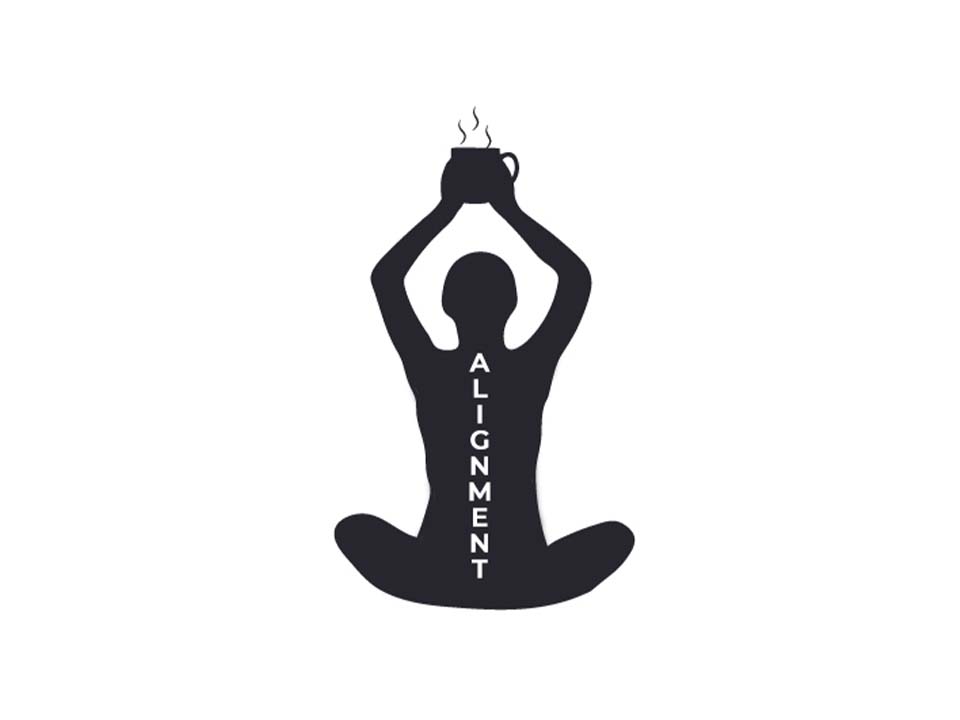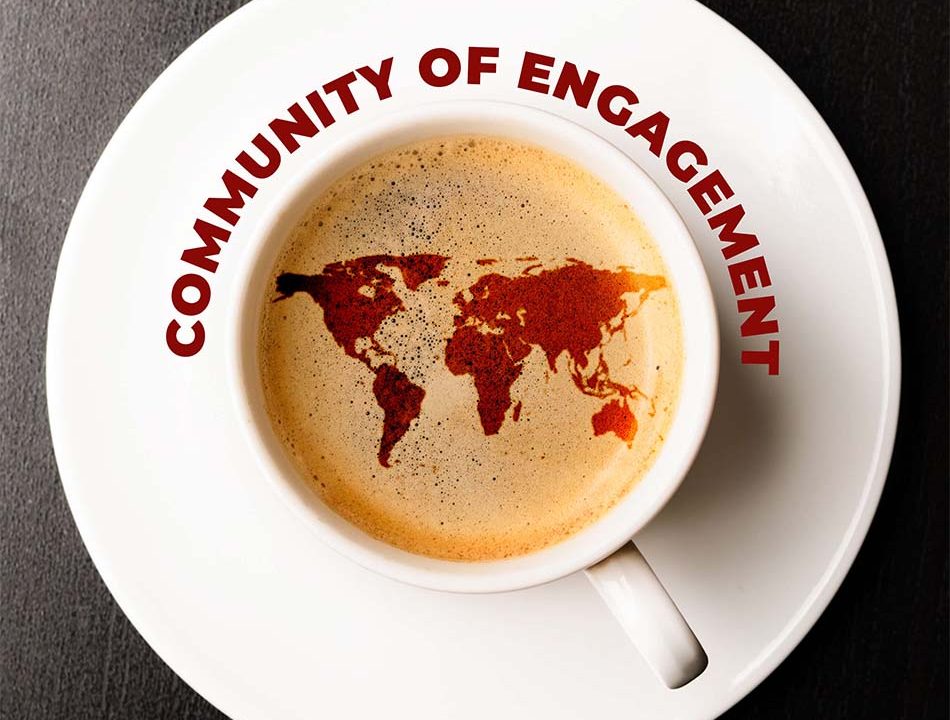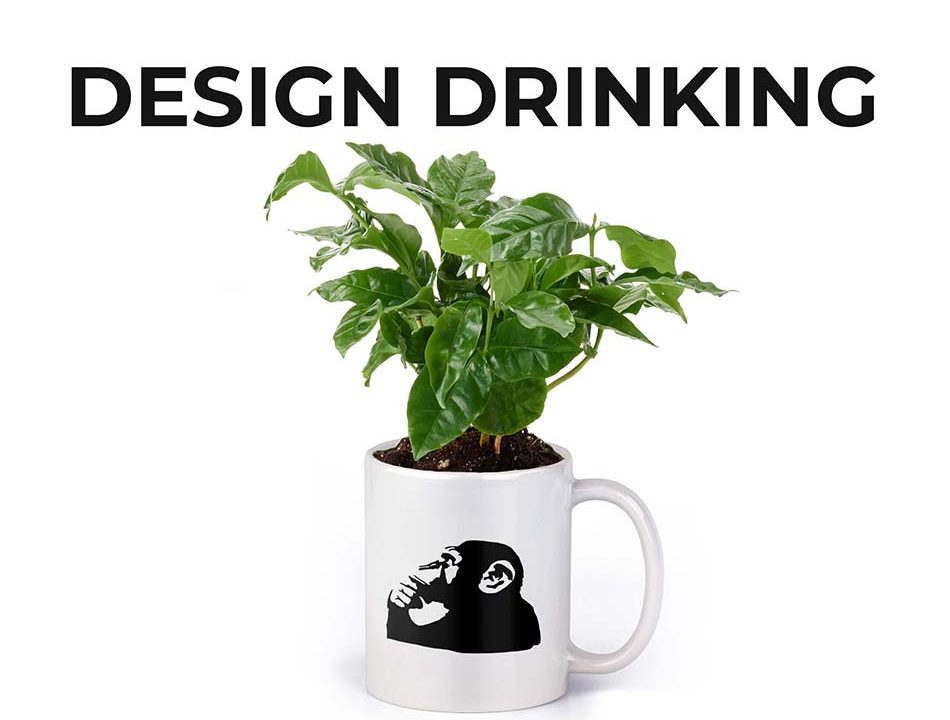
Drink different.
April 24, 2020
Design Drinking
October 1, 2020
Apple’s iconic “Think Different” campaign, developed in 1997, celebrated original thinkers and symbolized a call for disruption in the tech space. With “Drink Different” we playfully echo this ambition in the coffee sector. In this blog series we explore and highlight 5 IDEAS to illustrate how sustainability can create a better end-to-end coffee experience. In today’s blog we explore how developing an authentic and credible sustainability identity can serve as a north star to navigate these uncertain times.
Drink Different – A Sustainability Identity
We are witnessing a convergence of environmental, economic and social forces that are pushing organizations to reconcile strategies and branding to align with a more (social media) active and conscious consumer base. As some companies are rushing to re-engineer branding others are traversing these uncertain waters with a bit more confidence. Organizations with integrated sustainability strategies as part of their daily operations appear to be more resilient compared to organizations driven by short-term gains.
Sustainability is more than a cause, it’s an identity
Trends show that consumers are quickly losing patience for brands that are not focused on ethical business practices. Younger generations identify with brands more than older consumer segments and have the tools to easily spread the word about an organization’s authenticity and credibility to their peers and social influencers. Any brand that ignores meaningful sustainability is looking at a future that will be shunned and shamed by an extremely aware consumer base
In the coffee sector, this requires companies to have an honest look at extractive, colonial rooted, one-sided supply chains and transition towards integration of social, ecological and financial equitable values as the foundation of trading relationships with rural communities. Unfortunately, many coffee brands still see sustainability as a marketing opportunity or as a value-add feature, in order to justify products with price premiums. Many sustainability programs with the best of intentions still perpetuate paternalism and fail to acknowledge the cultural, ecological, and spiritual dimensions associated with the rural communities they trade with, invest in and/or design special projects for.
Define your Sustainable Identity
An authentic sustainability identity is not a marketing exercise rather it requires support across organizational departments and partnerships through strong communication, engagement and alignment, making ethical values an integral part of operations.
When constructing a sustainable identity, you therefore need to reflect organizational culture in alignment with the attitudes and expectations of your most important constituencies: staff, partners and customers. When engaging these groups, you can explore the following questions following an iterative process:
- What does your company stand for?
- How can you use coffee as a tool to support causes relevant to your community and the farmer communities you source from?
- How do you want to be recognized by employees, customers and supply chain partners?
- How is your mission communicated across your value chain to improve alignment of partners towards shared social and environmental goals?
- How credible and transparent is your current sustainability approach?
Insights based on these questions can help to develop and establish a sustainability identity, making any organization better suited to attract and retain customers, talent and resources. Take small steps during this process and pay attention to feedback in order to fine-tune your approach along the way through engagement with consumers and supply chain partners to drive impact throughout your supply chain. This starting point not only ensures that producers’ needs are respected, but it also creates a trustworthy and ethical base between consumers and the brand.
Do not oversell your sustainability initiatives - instead, celebrate your sustainable practices and achievements with your customers, employees and partners as part of a larger social and environmental movement. Coffee initiatives supporting any of the UN’s 17 Sustainable Development Goals are excellent examples of such movements
Identity starts from the inside and permeates outward. This is possible through sharing social, environmental and economic values to reflect what we value and provide an opportunity to collectively embody the change we want to see in the world.
www.ethosag.com




